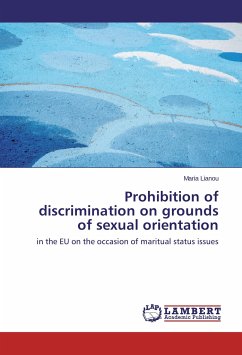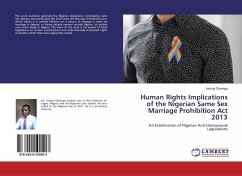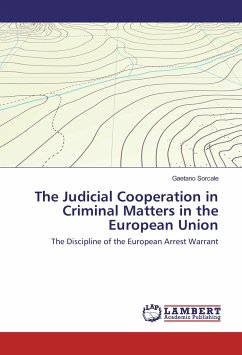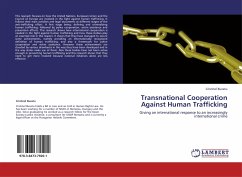The European Union's fight against discrimination has made significant progress over the last years, especially after the implementation of Article 10 of the Treaty of Lisbon, in which the EU is committed to combating all forms of discrimination. This commitment is enhanced further by the incorporation of the EU's Charter of Fundamental Rights into the Treaty. The Court in Luxemburg makes sure that this commitment is turned into a reality in European societies, by using established case-law in order to efficiently protect individual fundamental rights at EU level, focusing on the principle of equal treatment and the prohibition of any form of discrimination. The Court's success rests on its ability to follow closely social developments and transform, according to the wider trends of social change and circumstances. Therefore, when the Court senses that social beliefs are ripe and ready to accept change, attempts a broader interpretation of the Treaty's provisions or even prompts the legislators to make sure that new rules against discrimination are introduced.
Bitte wählen Sie Ihr Anliegen aus.
Rechnungen
Retourenschein anfordern
Bestellstatus
Storno








